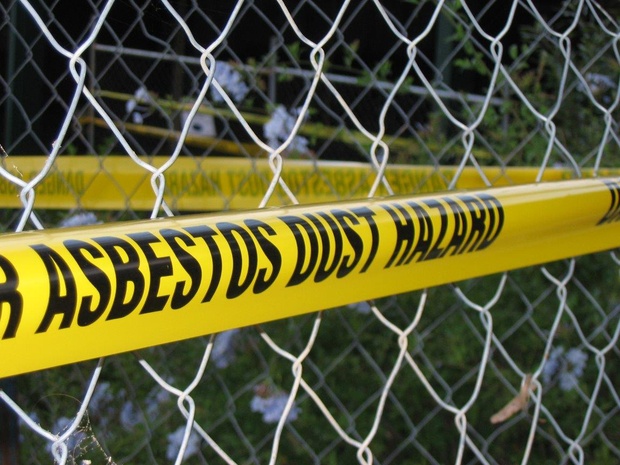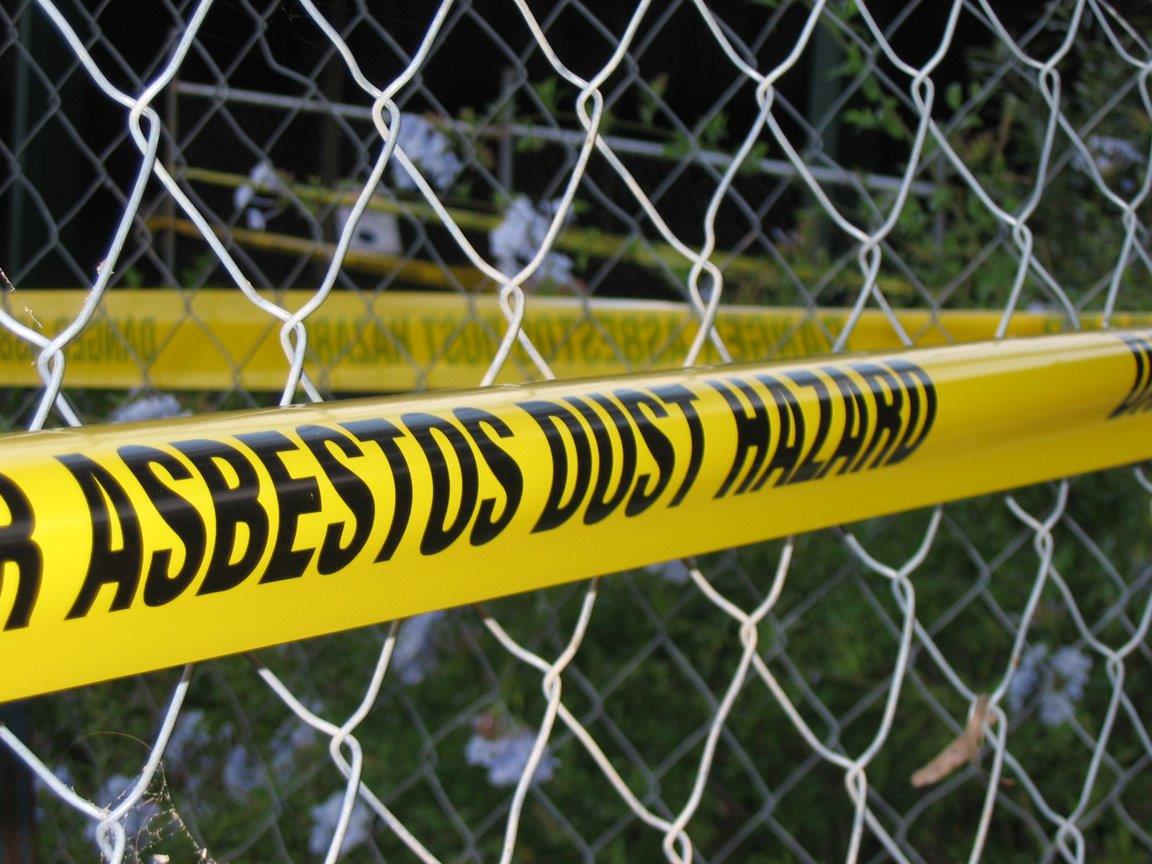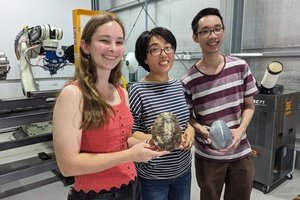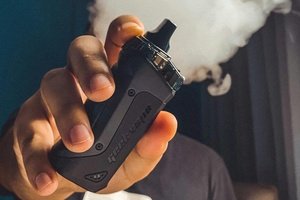The tracing operation has been completed, with samples submitted revealing a series of positive tests for asbestos in mulch at parks, schools, hospitals and churches across Sydney.
Asbestos was previously identified at Penrith Christian School at Orchard Hills, St Luke’s Catholic College at Marsden Park, Liverpool West Public School in Sydney’s southwest and Allambie Heights Public School on the city’s northern beaches.
The investigation was sparked after mulch containing fragments of bonded asbestos was detected at the recently opened, inner-city Rozelle Parklands in January.
Following the discovery of tainted mulch at Liverpool West Public School in February, the school was closed while remediation works were undertaken.
It will reopen on Monday after being cleared by an independent hygienist on Thursday.
“The decision to temporarily close the school site was not taken lightly and we appreciate the community’s patience while we managed the situation as safely and as quickly as possible,” Education Minister Prue Car said on Thursday.
Students from the school have been attending nearby Gulyangarri Public School while the remediation works were done.
Over an eight-week period, the state’s Environment Protection Authority (EPA) has been working to determine the source of the tainted mulch and how it entered the supply chain.
Around 6500 tonnes of mulch have been tracked down, assessed and tested and nearly 1200 samples have been taken for analysis.
All sites that returned positive results had small levels of asbestos contamination and NSW Health advised the risk to the public was low.
The EPA’s criminal investigation into the saga continues.
Environment Minister Penny Sharpe said while the initial phase of supply-chain testing was complete, a handful of tests were yet to come back.
“It’s possible that there might be a handful (more sites) ... but we’ve gotten to the bottom of what should be tested,” she told a parliamentary hearing on Thursday.
The NSW Government has also pledged to tighten regulations and strengthen penalties for a range of environmental crimes.
Sharpe said the initial discovery of asbestos in mulch had led to the biggest investigation in the EPA’s history.
“Asbestos is illegal in any product and should not be there,” she said in an earlier statement.
“The first phase of this investigation is now complete.
“While the EPA works on its criminal investigation, the NSW government will move to tighten regulations and make further changes as required.”
“Something has gone wrong in the regulation system and we need to get to the bottom of that.”
Premier Chris Minns said a “polluter-pays regime” remained in place and he would wait until the investigation was over before giving a total figure on remediation costs or the potential bill for taxpayers.
Many of the contaminated mulch supplies have been confirmed as being linked to Sydney’s Greenlife Resource Recovery.
But Greenlife is challenging an EPA prevention order in court and says it is confident the mulch left its facility free of contamination.
The company continues to be listed as a supplier to the state government on the Buy NSW website.
Finance Minister Courtney Houssos said she would not be calling for the firm’s removal until the EPA had finished its investigation.
City of Sydney mayor Clover Moore, whose council area contains several contaminated sites, said the tainted-mulch scandal was a major failure of regulations.
“We should be able to trust that the mulch we’re contracted to receive has gone through all the proper processes and is safe to use,” she told ABC Radio.
“It’s a real mess and it’s a very costly one for everyone involved because these processes we have to go through to ensure our parks are safe are costly.”
Meanwhile, in Queensland, no more asbestos-contaminated mulch has been found in the state’s southeast, with investigators now focusing on the origins of the positive result at one waste facility.
Two friable asbestos fragments – about 1.5mm by 3mm – were discovered in a compost stockpile at waste company NuGrow’s Ipswich site west of Brisbane in the wake of the Sydney outbreak.
NuGrow Ipswich is the only site to return a positive result out of the 23 landfill operations, transfer stations, landscape suppliers, composters, and mulch suppliers tested, the Department of Environment, Science and Innovation (DESI) confirmed last week.
“Today’s results have shown us that the risk of asbestos contamination in soil, mulch, and compost in Queensland is low, and we hope that these results bring some comfort to the community,” DESI director Brad Wirth said in a statement last Thursday.
But authorities have expanded the search outside the southeast with a further six sites inspected so far.
The potentially tainted soil from the Ipswich waste facility was taken to nine sites, including six schools.
AAP














